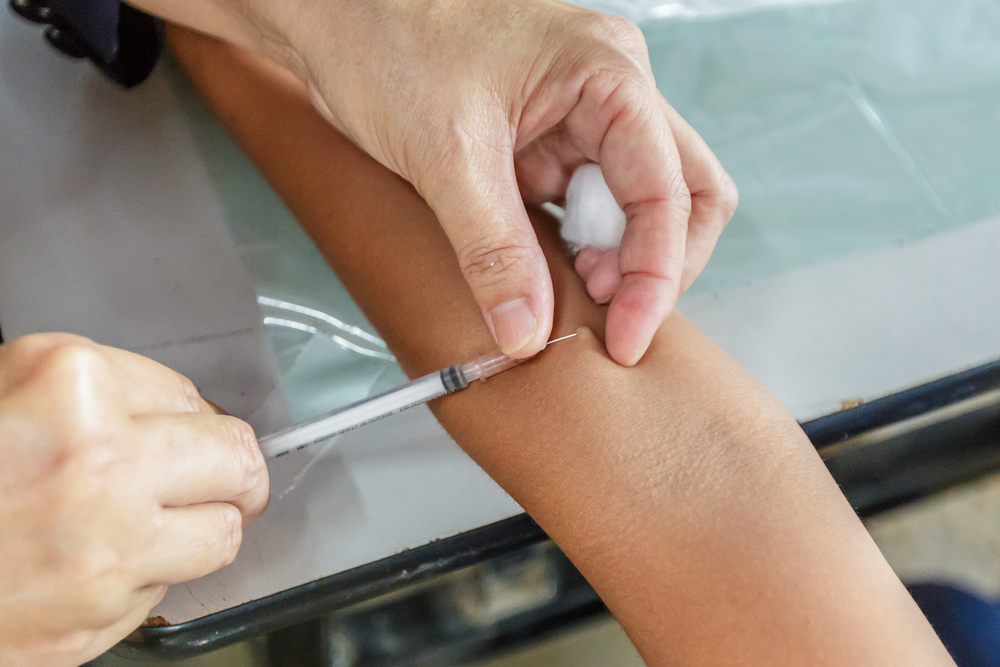
Under the terms of a seven-year contract with the National Institutes of Health (NIH), $60 million will be given to Dr. W. Henry Boom and a team of researchers from universities throughout the United States, in an effort to accelerate tuberculosis vaccine development.
The first year of the funding contract will start with $30 million, which will go towards the creation of three immunology research centers focused on the world’s deadliest infectious disease.
Boom, director of the TB Research Unit and professor of medicine at the Case Western Reserve University School of Medicine and chief of the Division of Infectious Diseases & HIV Medicine at University Hospitals Cleveland Medical Center, is one of the program’s three principal investigators. He will be joined by Dr. Sarah Fortune, of the Harvard T.H. Chan School of Public Health, and by JoAnne Flynne, a professor at the University of Pittsburgh.
“Our purpose is to breakdown the silos that exist between basic science and translational sciences and animal models and human disease,” Boom said. “My collaborators will use cutting-edge molecular and cell biology as well as animal models, and my role will be to build on that research at a global, human scale with clinical studies in London, Uganda, and South Africa.”
The researchers will study immune responses needed to prevent initial infection, create latent infection and transition into active TB cases. They also hope to build off gathered data to peek inside the effects of co-infections like HIV on immune responses to either Mycobacterium tuberculosis (Mtb) or TB vaccines.
“The global partnership between our medical school, academic medical center, and Uganda is very important, as we discover what’s driving this epidemic and work to reach underserved populations that have poor public health,” Boom said.
In 2017, the disease killed 1.6 million people and infected 10 million throughout the world, disproportionately hitting the economically disadvantaged and underserved, particularly in urban settings. It is currently estimated that nearly 1.7 billion are infected with Mtb, and up to 10 percent of them could eventually develop TB.




